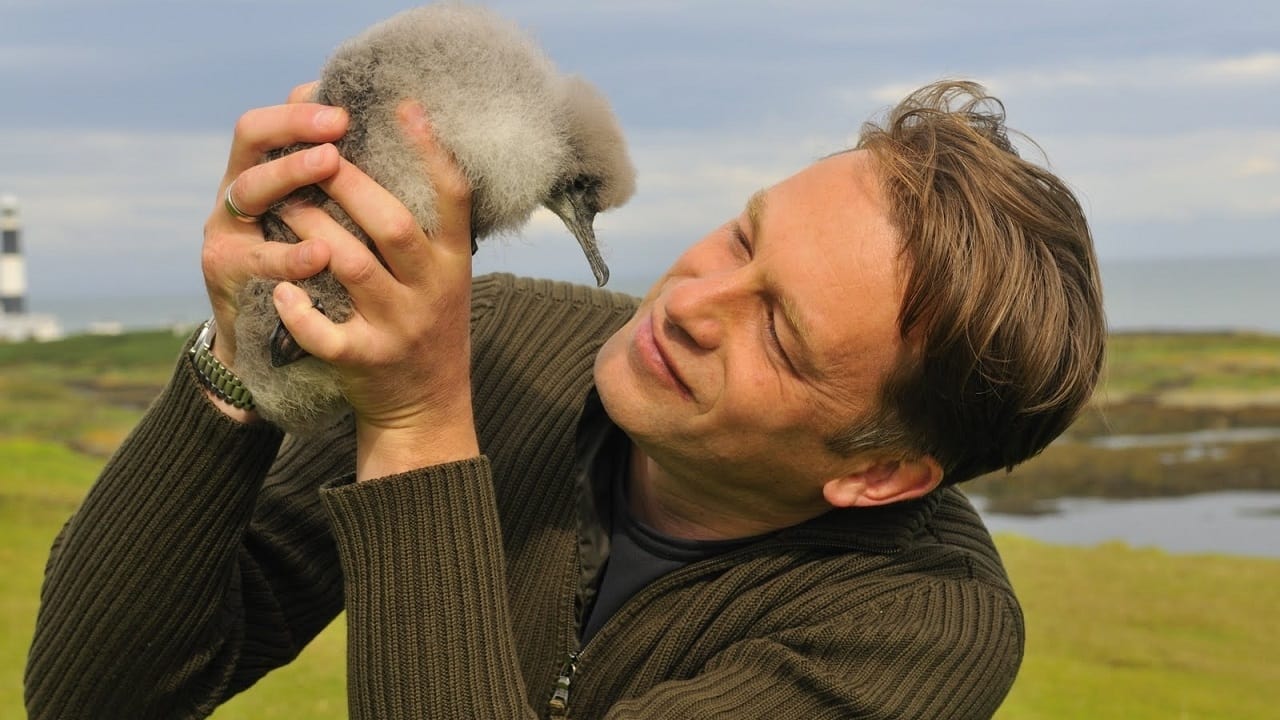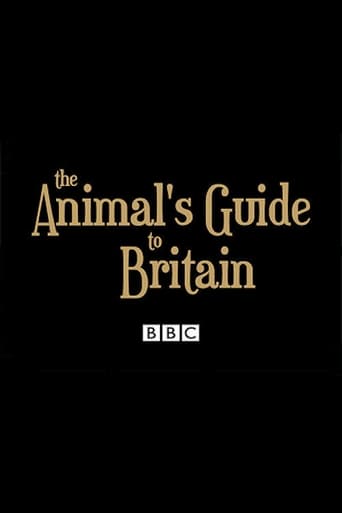The Animal's Guide to Britain Season 1

Each episode, he encounters an elite group of five animals each of which senses the world in a very different way. By understanding their needs, problems and histories on these islands, Chris reveals what they make of modern Britain - and its humans.
Watch NowWith 30 Day Free Trial!
The Animal's Guide to Britain
2011
Each episode, he encounters an elite group of five animals each of which senses the world in a very different way. By understanding their needs, problems and histories on these islands, Chris reveals what they make of modern Britain - and its humans.
Watch Trailer
The Animal's Guide to Britain Season 1 Full Episode Guide
Chris investigates why the waters and coastlines of the UK are the most popular places in the world for two of our coastal species: the grey seal and the Manx shearwater. He also makes a stand for an animal that he considers much misunderstood - the British gull. And he meets two animals which have truly extraordinary ways of sensing Britain's coastal environments - the shore crab which finds its way around by smelling through its feet, and the bottlenose dolphin which can identify a fish at 200 paces in the pitch black, using echolocation.
Chris looks at woodland animals. Chris meets our top woodland predator, the goshawk. With the use of high speed photography, Chris demonstrates how these impressive raptors twist and turn in flight to negotiate dense thicket, something which could account for the forests that they like to inhabit in Britain. Chris also meets the hedgehog, the animal that gets the best national health service after humans; and the fallow deer, an animal that has been so pampered through history that it has sometimes been treated better than its human neighbours. Chris discovers that stag beetles rarely move beyond the M25 when looking for a home - a nice piece of rotting wood to live in. And he meets a man who is so determined to make Britain a better home for the red squirrel, that he wants the rest of us to eat the grey ones.
Chris looks at grassland animals. Chris burrows into the grassland himself so that he can observe the eating habits of starlings, clever and well-adapted grassland predators. British starlings have had their ups and downs: they were once so common that they famously stopped Big Ben due to numbers perching on the clock hands, but nowadays their food supply is dwindling, thanks to modern pesticides.
Chris looks at freshwater animals. In the Highlands, Chris witnesses a fabulous fishing display by ospreys and, in Poole Harbour, learns how to tempt them to nest much further south. He investigates what white faced darter dragonflies, black water voles and brown trout can tell us about the changing nature of our waterways. And he discovers the grisly truth behind why beavers became extinct here, some 400 years ago.
Free Trial Channels
Seasons


























